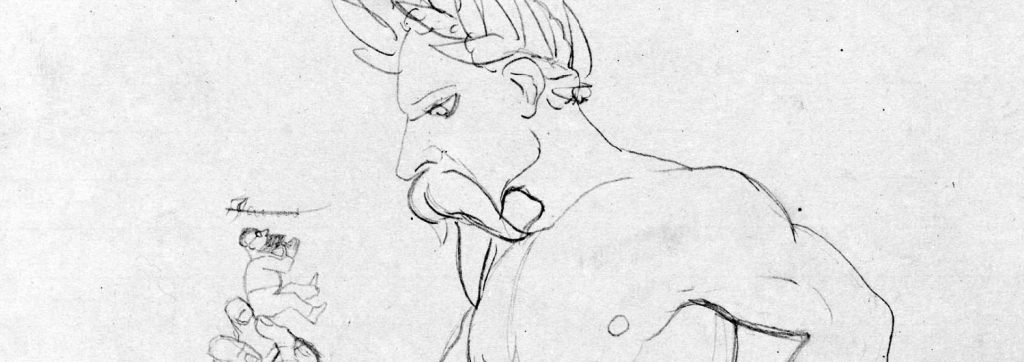the will to be peeved

I don’t quite remember what led me to read William James. It could have been PF talking about him, or the mention in The Dead Ladies Project, or it could have been something I’ve forgotten about entirely. In any case, I settled in and read Psychology: Briefer Course, which is as charming a psychology textbook as one is likely to find, and, though my interest has been sorely tried by The Will to Believe, I daresay I will continue my way through the complete works.
To support this project (if project it can be called, which involves reading doggedly but without a plan), I thought to read a biography of James and turned to my local library. William James: In the Maelstrom of American Modernism seemed a bit too dramatic, Genuine Reality: A Life of William James was checked out, so I borrowed William James: His Life and Thought, by one Gerald Eugene Myers.
I did not realize, when I borrowed William James: His Life and Thought, that Myers would dispose of the ‘life’ in a scant fifty-three pages and would spend the remainder of the six hundred odd pages of the volume attempting to ‘explain’ the ‘thought’ of one of the most readable philosophers in English to – one must assume (as Myers does) – an audience of idiots (who ‘may not always have comprehended his meaning’ (1f.)). If even I can catch the philosophical import (and some of the foreshadowing of phenomenology, etc.) in James’s writing, it cannot be too deeply buried. But then it is always a pleasure to patronise, not to be patronised, so I suppose I must excuse Myers. I will, however, refuse to read his book, which is my loss, I’m sure.
